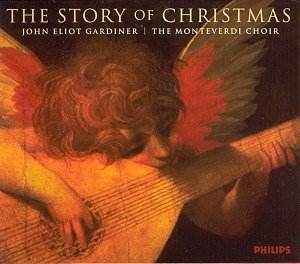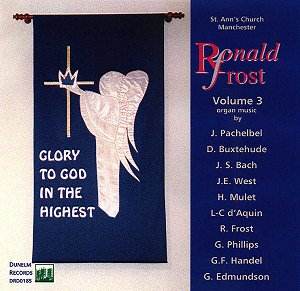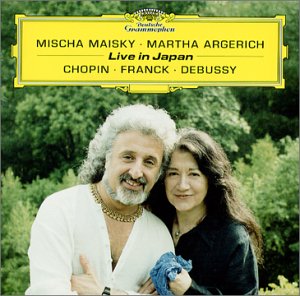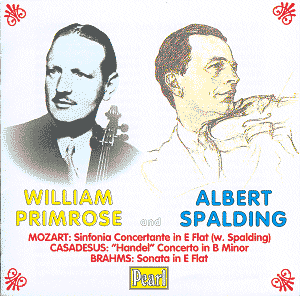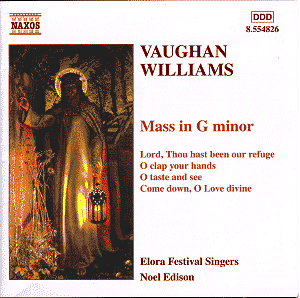 Composer: Ralph Vaughan Williams
Composer: Ralph Vaughan Williams
Works: Mass in G minor, Motets: Lord, Thou hast been our refuge, Prayer to the Father of Heaven, O vos omnes, O clap your hands, O taste and see, Anthem: O how amiable, Hymn: Come, down, O Love divine (Down Ampney)
Performers: Elora Festival Singers, Thomas Fitches (organ)
Recording: Rec 8-11 February 2000, Church of St Mary Magdalene, Toronto and St Mary’s Church, Elora, Ontario
Label: NAXOS
Ralph Vaughan Williams occupies a pivotal position in the English choral tradition, with his Mass in G minor being a cornerstone of his sacred output. Written in 1921, this composition embodies a synthesis of early English musical idioms and Vaughan Williams’s own distinctive harmonic language, reminiscent of the Renaissance masters while firmly rooted in the early 20th century. The Mass, alongside the accompanying motets and hymn, showcases not only the composer’s reverence for the past but also his innovative spirit, which sought to rejuvenate the choral repertoire through a modern lens.
The Elora Festival Singers, under the direction of Noel Edison, deliver a commendable interpretation of this complex work. The ensemble’s tonal clarity and blend are particularly striking, allowing for the intricate counterpoint in the “Kyrie” to emerge with an admirable transparency. However, one notes that the interpretation occasionally leans toward a generalized approach to phrasing, which can dilute the tension and emotional weight inherent in Vaughan Williams’s writing. For instance, in the “Agnus Dei,” the expansive harmonic shifts could benefit from a more nuanced shaping of dynamics and articulation, allowing the listener to fully appreciate the composer’s subtleties.
The recording itself is well-engineered, with a balanced sound that captures the rich acoustics of the performance venues. The dynamic range is commendable, enhancing the expressive intensity of the work. Yet, there are moments where the finer details of Vaughan Williams’s textures—such as the intricate interplay between the choir and organ in “O clap your hands”—are not fully articulated, which slightly detracts from the overall impact. The organ playing of Thomas Fitches deserves particular mention for its supportive role, providing both a harmonic foundation and a coloristic depth that complements the choral sound.
While this performance does not quite reach the heights of the renowned recording by the Corydon Singers under Matthew Best, it nonetheless offers a rewarding exploration of a significant choral oeuvre. The inclusion of shorter works, such as “O how amiable” and “Come, down, O Love divine,” enriches the collection and provides a delightful contrast to the Mass, though similar interpretive issues arise. The ensemble’s strengths lie in their unified sound and clarity, yet one wishes for a greater commitment to the drama and narrative inherent in Vaughan Williams’s music.
This NAXOS recording stands as a valuable contribution to the catalog of Vaughan Williams’s choral works, presenting an accessible entry point for listeners new to this repertoire. The Elora Festival Singers, while not the definitive interpreters, present a heartfelt and earnest rendition that reflects the spirit of Vaughan Williams’s vision. While some interpretive choices may leave the listener wanting more in terms of emotional engagement, the recording overall is a testament to the enduring appeal of this essential choral music.
